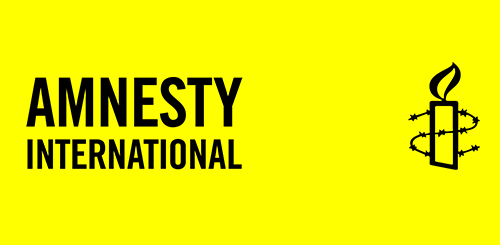Authorities in the Democratic Republic of Congo (DRC) must promptly and thoroughly investigate and hold to account those suspected to be responsible for killing and injuring dozens of peaceful protesters in the capital Kinshasa on 21 January, said Amnesty International.
Thousands of peaceful protesters rallied across the country in protests called by the Catholic Church to demand that President Joseph Kabila step down ahead of elections in December. The protesters were countered by security forces who shot live rounds at them killing at least six and injuring at least 49, according to the UN’s mission in the country.
“This brutal response by the security forces to peaceful protests goes to show once again that repression has become the norm in the DRC, in blatant violation of the country’s constitution and its international human rights obligations,” said Jean-Mobert Senga, Amnesty International’s Researcher on the DRC.
“Such repression must not be allowed to continue. Those suspected to be responsible for it at all levels must be held accountable in fair trials. The authorities must also immediately and unconditionally release all peaceful protesters who are detained.”
Internet and telephone services were shut down across the country and remained cut off the next day.
“Due to the shutdown, some injured protesters were unable to access emergency help,” said Jean-Mobert Senga
“This flagrant disregard for people’s lives and human rights is totally unacceptable. The DRC authorities must immediately restore communications and desist from cutting them off in future.”
Additional information:
This is the second time protests have been violently repressed by the security forces in less than a month. Many other protests against President Kabila’s continued stay in power have also been met with heavy-handed responses over the last three years.
The protests were called by the Catholic Church which brokered an agreement on elections between the ruling party and the opposition in December 2016. The agreement stipulates that President Kabila shall not run in the forthcoming election. It also calls for the implementation of a number of confidence-building measures ahead of the polls including the release of political prisoners and the freedom for opposition politicians to return from exile to allow what stakeholders called ‘inclusive, peaceful and credible elections.’













